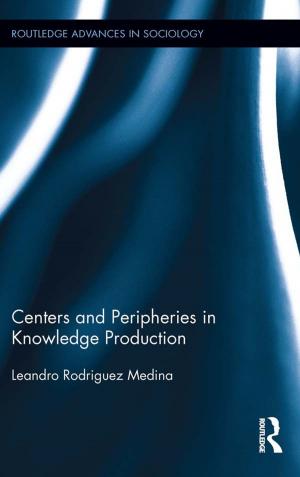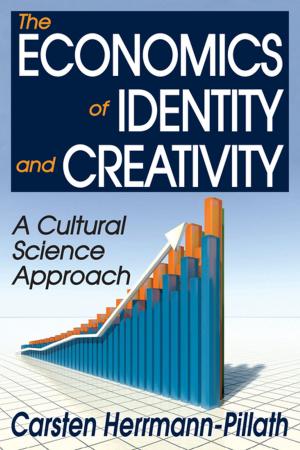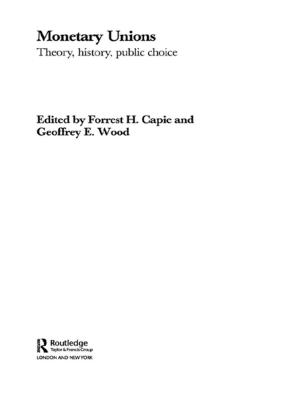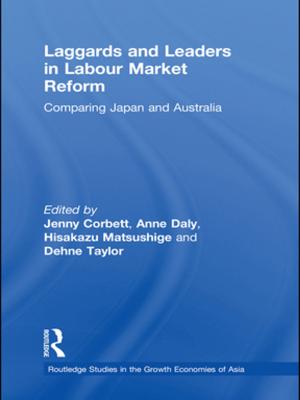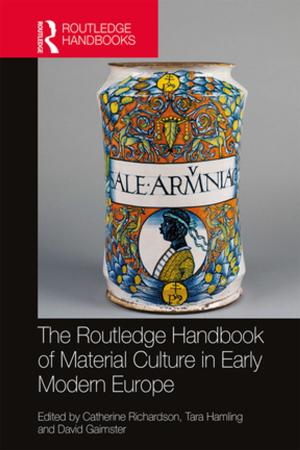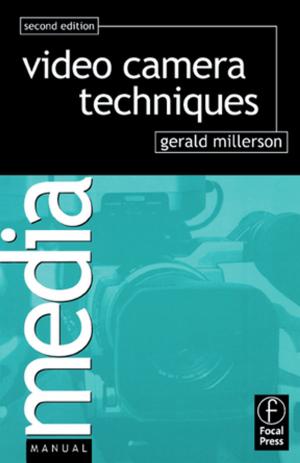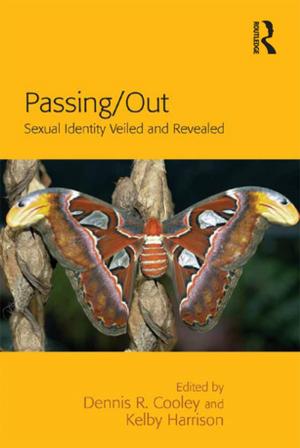Writing and Learning in Cross-national Perspective
Transitions From Secondary To Higher Education
Nonfiction, Reference & Language, Language Arts, Communication, Social & Cultural Studies, Social Science| Author: | ISBN: | 9781351225687 | |
| Publisher: | Taylor and Francis | Publication: | October 3, 2017 |
| Imprint: | Routledge | Language: | English |
| Author: | |
| ISBN: | 9781351225687 |
| Publisher: | Taylor and Francis |
| Publication: | October 3, 2017 |
| Imprint: | Routledge |
| Language: | English |
Despite the increasingly global implications of conversations about writing and learning, U.S. composition studies has devoted little attention to cross-national perspectives on student writing and its roles in wider cultural contexts. Caught up in our own concerns about how U.S. students make the transition as writers from secondary school to postsecondary education, we often overlook the fact that students around the world are undergoing the same evolution. How do the students in China, England, France, Germany, Kenya, or South Africa--the educational systems represented in this collection--write their way into the communities of their chosen disciplines? How, for instance, do students whose mother tongue is not the language of instruction cope with the demands of academic and discipline-specific writing? And in what ways is U.S. students' development as academic writers similar to or different from that of students in other countries?
With this collection, editors David Foster and David R. Russell broaden the discussion about the role of writing in various educational systems and cultures. Students' development as academic writers raises issues of student authorship and agency, as well as larger issues of educational access, institutional power relations, system goals, and students' roles in society. The contributors to this collection discuss selected writing purposes and forms characteristic of a specific national education system, describe students' agency as writers, and identify contextual factors--social, economic, linguistic, cultural--that shape institutional responses to writing development.
In discussions that bookend these studies of different educational structures, the editors compare U.S. postsecondary writing practices and pedagogies with those in other national systems, and suggest new perspectives for cross-national study of learning/writing issues important to all educational systems. Given the worldwide increase in students entering higher education and the endless need for effective writing across disciplines and nations, the insights offered here and the call for further studies are especially welcome and timely.
Despite the increasingly global implications of conversations about writing and learning, U.S. composition studies has devoted little attention to cross-national perspectives on student writing and its roles in wider cultural contexts. Caught up in our own concerns about how U.S. students make the transition as writers from secondary school to postsecondary education, we often overlook the fact that students around the world are undergoing the same evolution. How do the students in China, England, France, Germany, Kenya, or South Africa--the educational systems represented in this collection--write their way into the communities of their chosen disciplines? How, for instance, do students whose mother tongue is not the language of instruction cope with the demands of academic and discipline-specific writing? And in what ways is U.S. students' development as academic writers similar to or different from that of students in other countries?
With this collection, editors David Foster and David R. Russell broaden the discussion about the role of writing in various educational systems and cultures. Students' development as academic writers raises issues of student authorship and agency, as well as larger issues of educational access, institutional power relations, system goals, and students' roles in society. The contributors to this collection discuss selected writing purposes and forms characteristic of a specific national education system, describe students' agency as writers, and identify contextual factors--social, economic, linguistic, cultural--that shape institutional responses to writing development.
In discussions that bookend these studies of different educational structures, the editors compare U.S. postsecondary writing practices and pedagogies with those in other national systems, and suggest new perspectives for cross-national study of learning/writing issues important to all educational systems. Given the worldwide increase in students entering higher education and the endless need for effective writing across disciplines and nations, the insights offered here and the call for further studies are especially welcome and timely.

